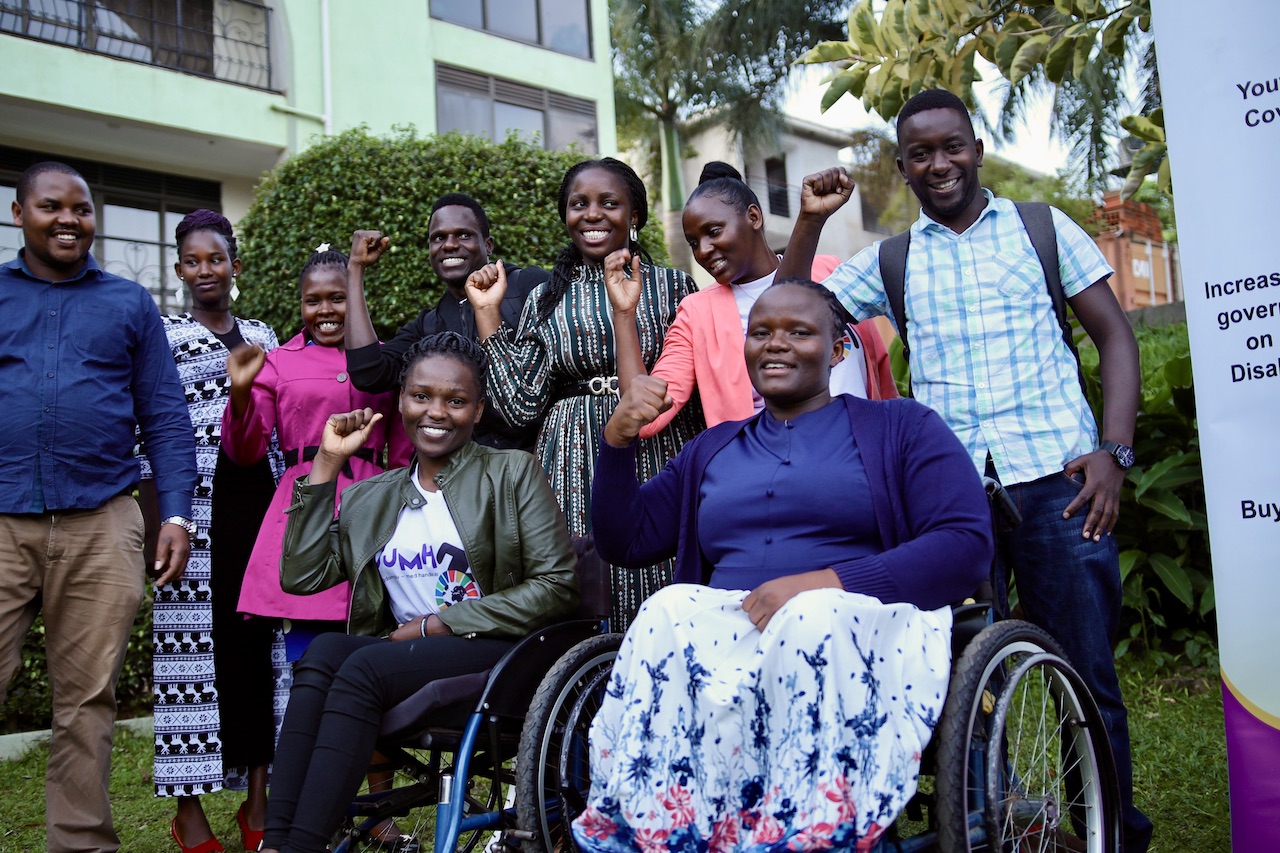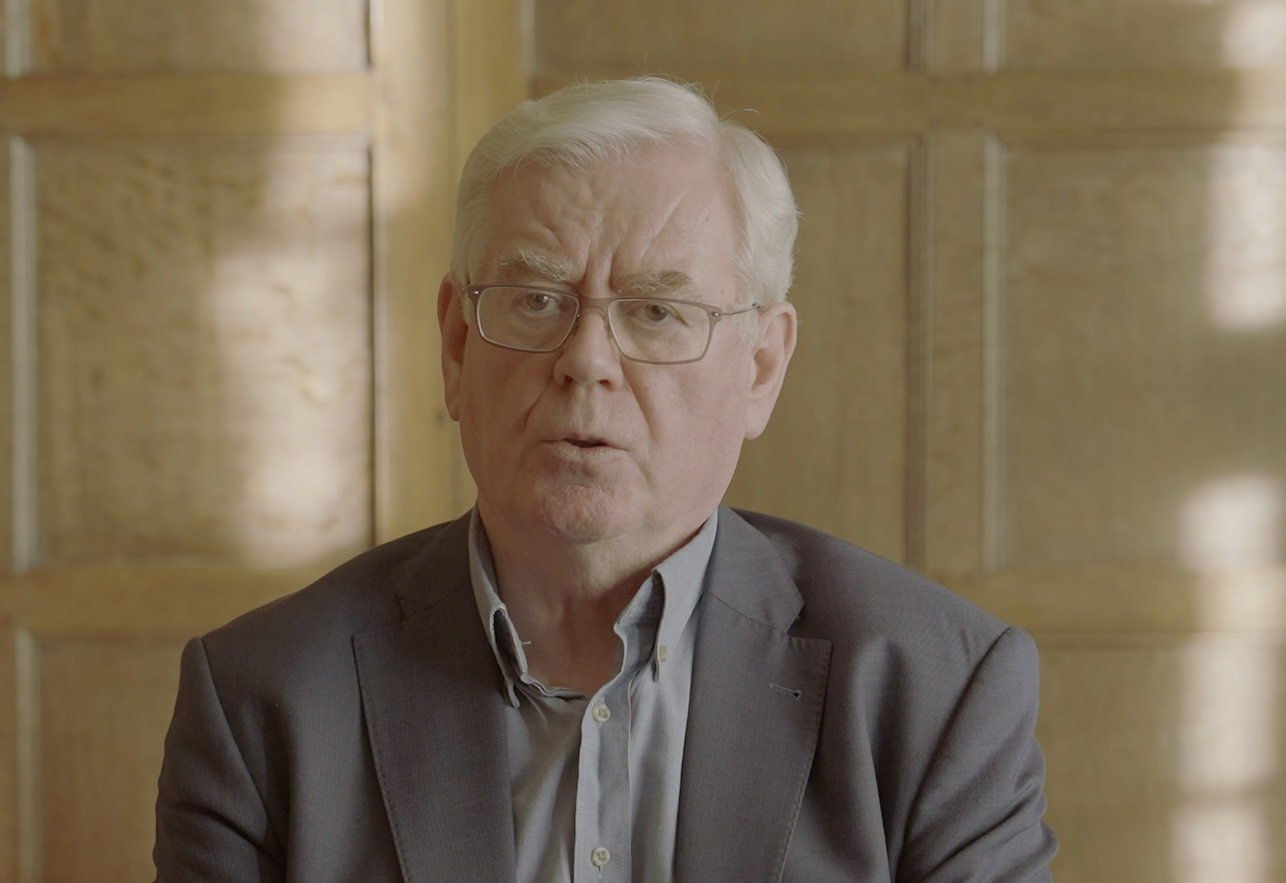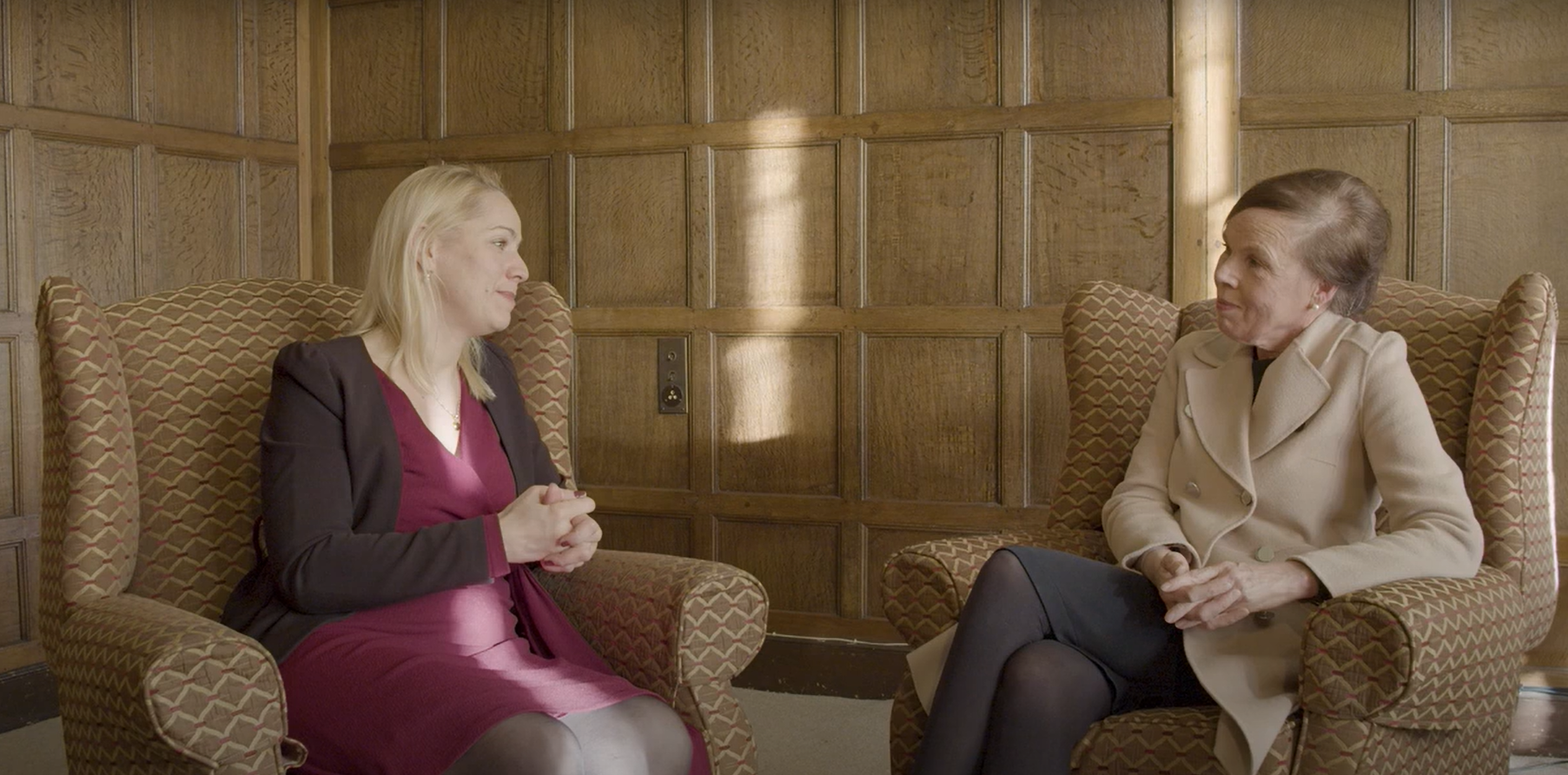Organised in partnership with the University of Sussex leading a British Council funded ‘Bridging Voices’ consortium of the Center for Civil & Human Rights of the University of Notre Dame, the ReligioWest ERC Project of the EUI and the Department of Law ‘Cesare Beccaria’ of the University of Milan and with support from Georgetown University, the International Center for Law and Religion Studies of Brigham Young University, the Foreign and Commonwealth Office and the Dutch Ministry Foreign Affairs.
This dialogue provided an opportunity to bring together a range of expertise to help inform European policymakers as they develop ideas for further foreign policy cooperation on freedom of religion or belief in dialogue with transatlantic partners.
Key points to come out of the meeting:
- The profile of FoRB promotion has increased significantly since 2012 due to institutional change on both sides of the Atlantic and the increased existential threat level from militant extremism exploiting religious identity. This presents both opportunities and obstacles for future FoRB promotion.
- The different national traditions for church/state relations in Europe mean that the EU FoRB voice has to be a matter of harmony, not unison, and there is no single secular state model to be pushed. These differences are an asset for building a European strategy for the international promotion of FoRB.
- Notwithstanding cultural criticism from other continents, the EU FoRB Guidelines are solidly grounded in international jurisprudence and human rights norms and should be insisted upon as universal. But European recent history is such that we cannot and should not preach as though having a perfect record of FoRB implementation ourselves. Rather vigilance is needed to ensure consistency between the EU’s internal and external priorities and actions.
- FoRB cannot be considered in total isolation. Not only are FoRB violations generally symptomatic of wider political repression of human rights and fundamental freedoms, but FoRB promotion can be a catalyst for wider acceptance of human rights norms and facilitate other beneficial social, economic and cultural improvements in society.
- Effective FoRB promotion, as well as effective strategies to counter terrorism exploiting religious extremism depend on an improved practical level of religious literacy and greater informed commitment to FoRB principles on the part of state and non-state actors alike seeking to promote human rights. A willingness to engage in genuine bilateral and multilateral dialogue with religious communities is also called for based on humble listening and respectful discussion.
- The right to change religious affiliation and broader individual conscience rights are on the frontline of the battle to promote FoRB. The mere existence of anti-conversion/apostasy and blasphemy laws provides an outlet for violent prejudice against religious minorities including extra judicial assaults and killings.
- Groups of states making common cause together or international institutions such as the EU, Council of Europe, OSCE and particularly the UN are the most effective means to combat FoRB violations. Third party actors have an invaluable role to play in providing reliable country and international reports and access to victims’ stories.
Further information
British Council – A note on the Bridging Voices project
Social media
Social media engagement is encouraged for this event. Comments might include a summary of what is being said (non-attributable), the direction of the discussion or general impressions of the conference.
For Twitter users, please include @WiltonPark when tweeting and we will retweet your message.
Partners on Twitter:
@SussexUni @BritishCouncil @Georgetown @ERC_Research @NDHumRts
Hashtag: #WP1383












